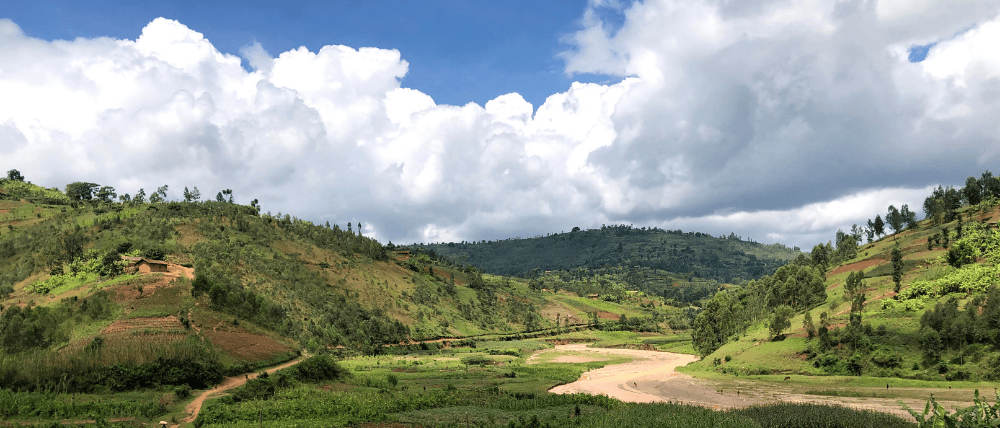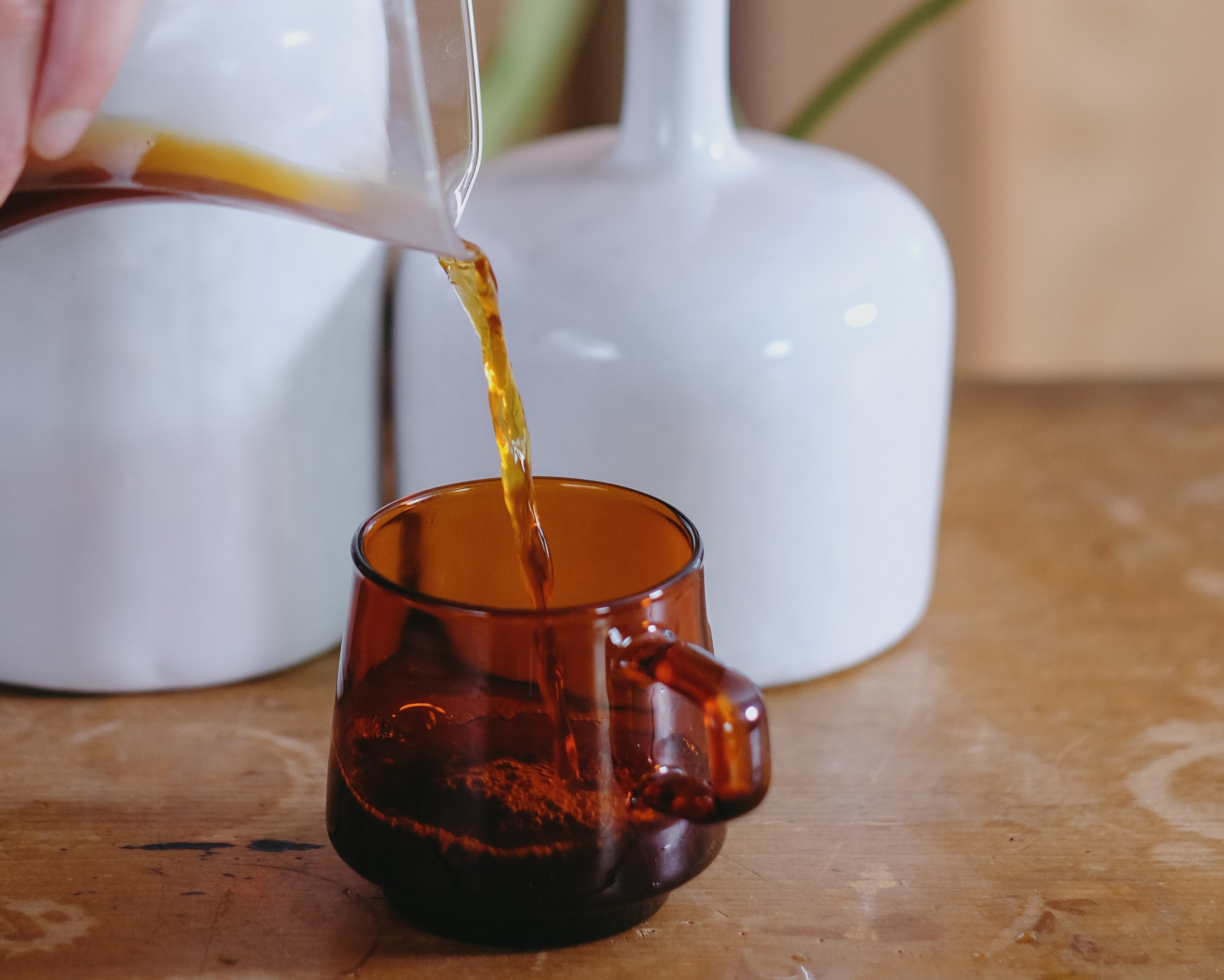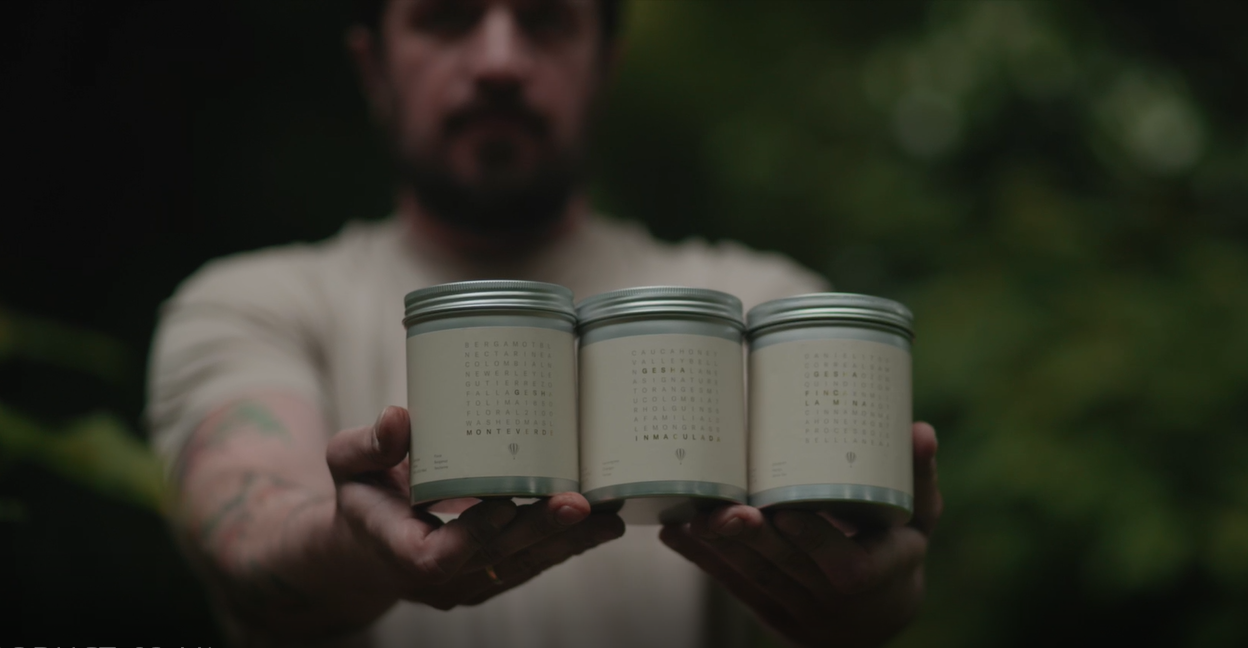
5 tips for a smoother b corp journey (from someone who’s been there)
by Denise Bell, Co-Founder of Bell Lane Coffee Roasters
In May 2024, Bell Lane officially became a Certified B Corp. As I reflect on the process, there are a few things I wish I’d known from the start. Here are the top five lessons I learned along the way—ones I hope will make your B Corp journey smoother.
1. just get started
When I first logged into the Business Impact Assessment (BIA) in 2021, I felt like a deer in headlights. The questions seemed daunting, and instead of diving in, I dipped in and out, kept kicking it down the road, and didn’t prioritise it. The one upside was that it made me rethink our relationships and start aligning with businesses that shared our values. I knew we would be a B Corp because, the truth is, it was already part of our DNA.
If you’re considering certification, my advice? Start the BIA as soon as possible. It will give you a clear picture of where your business stands and highlight areas that need your attention. And be honest. It’s easy to overestimate where you are, but this process is about continuous improvement, not perfection.

grab a coffee and start your b corp journey
2. don’t be afraid to ask for help
The B Corp process can feel overwhelming, and that’s okay. You don’t have to do it alone. In 2023, I signed up for a 10-week B Corp Bootcamp with Earthology and Eccountinc, who support Irish companies to complete the Impact Assessment and start their B Corp journey. Their team broke everything down step by step and kept me on track.
There are also B Leaders who specialise in guiding businesses through the process—they know it inside and out. If you’re feeling stuck, reaching out for help will give you the clarity and structure you need.
3. be honest with your answers
It might be tempting to make your business look better than it really is but trust me—honesty goes a long way. The BIA is about transparency, not perfection. If you can’t back something up, don’t claim it. Being upfront means you won’t get caught out later when you need to provide proof. Think of the assessment as a starting point—it’s about showing where you truly stand so you can work towards real progress.

b corp can help your company grow
4. know where you make a difference
When working through the BIA, it’s easy to feel like you need to fix everything at once—but that’s not the case. Focus on areas where your business has real impact. Ask yourself: what is your why?
At Bell Lane, we source with intention, working directly with producers. In some cases, this means partnering with underserved producers at origin, where we can create meaningful change. The key is to focus on what aligns with your values and what you can realistically commit to. As you progress, you can expand your efforts but start with the areas where you can make the greatest impact.
5. bring your team along
One of my biggest lessons? B Corp isn’t a solo project.
After we became B Corp, I realised how important it is to involve your team from the start. I was so focused on the process that I didn’t fully communicate why B Corp mattered to us at Bell Lane. Even though I kept them updated, I hadn’t brought them into the journey properly.
One day, during a coffee morning at the roastery, I overheard a staff member say, “I wish Denise was here, she explains it better.” That moment really hit home for me. Your team plays a key role in making B Corp values real—from integrated staff in daily operations to identifying areas for improvement. Make sure everyone understands why B Corp matters to your company and how they can make a difference.
Final Thoughts
At Bell Lane Coffee, doing business with intention is in our DNA. Every decision we make—from who we work with to how we operate—aims for a positive and responsible outcome. B Corp certification just solidifies that commitment.
If you’re considering the journey yourself, remember you don’t need all the answers from the start. It’s about reflecting, staying honest, and keeping your values at the centre of everything you do. "How you do anything is how you do everything."
Denise Bell is Co-Founder of Bell Lane Coffee Roasters. If you're a wholesale partner looking to start a conversation with a Certified B Corp, request a callback here.




